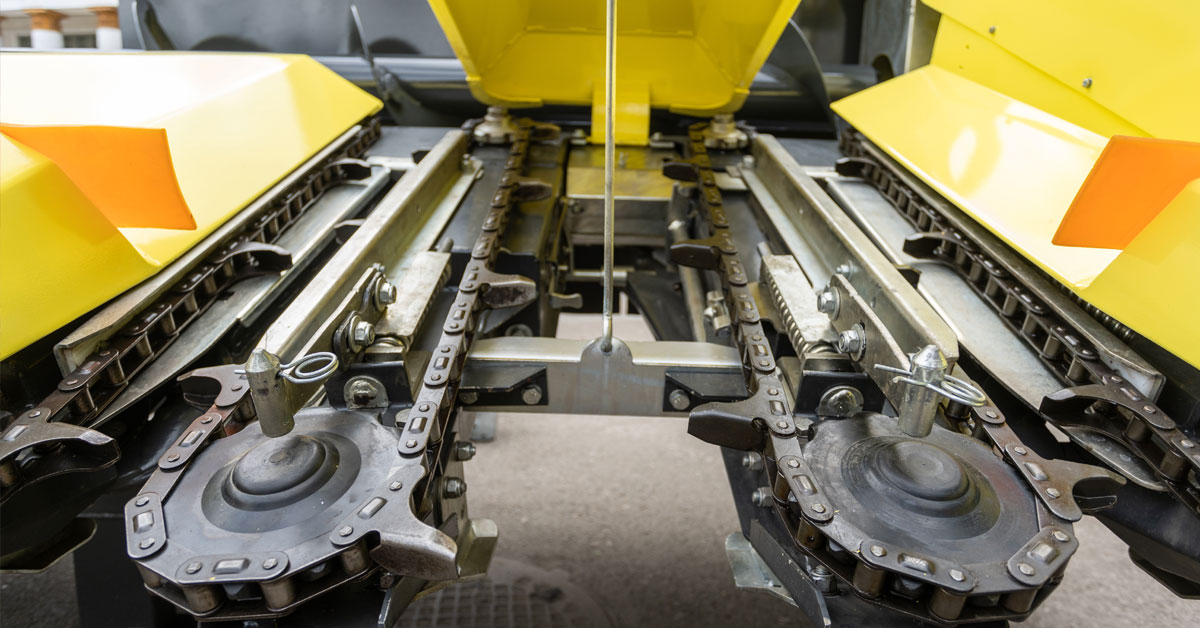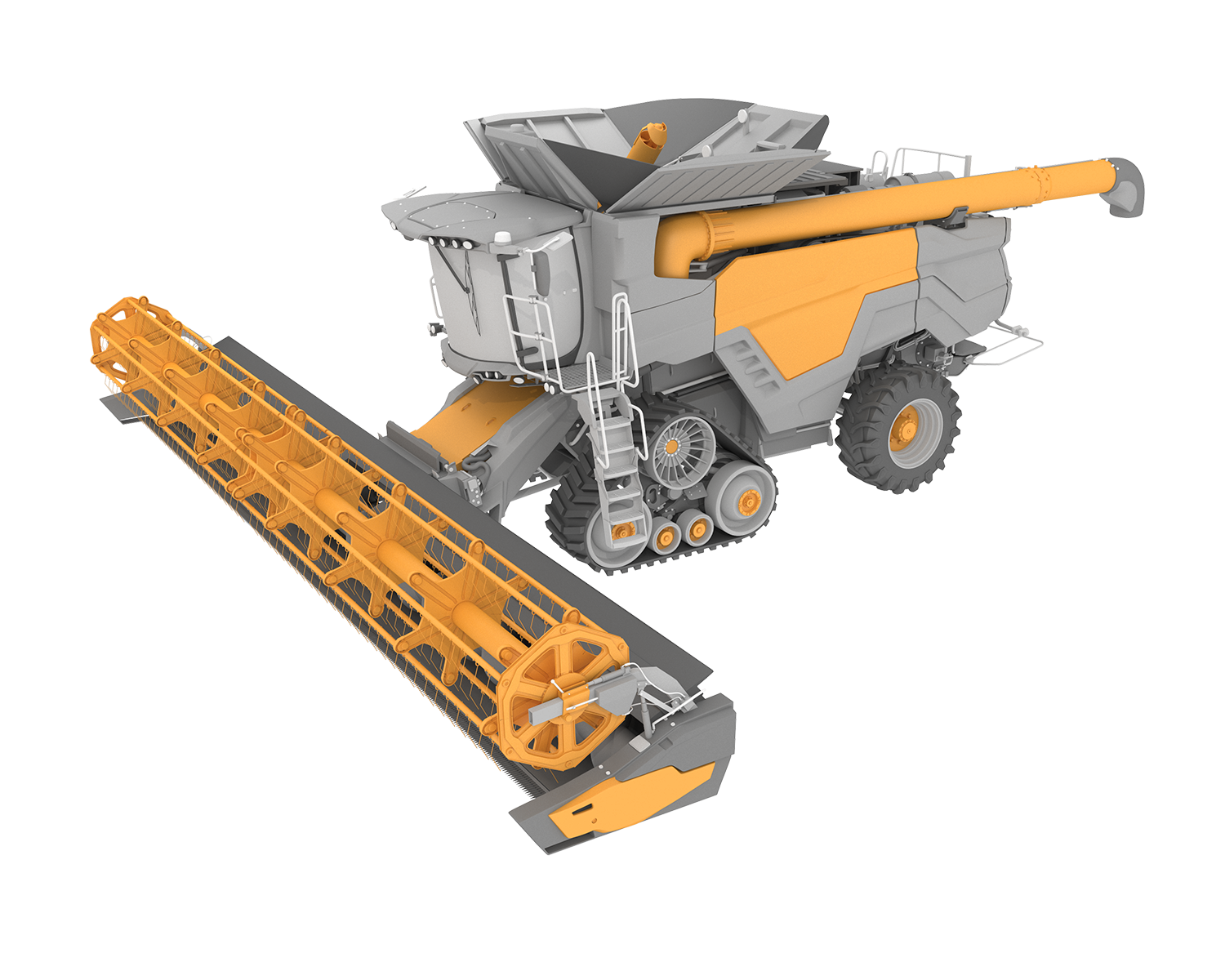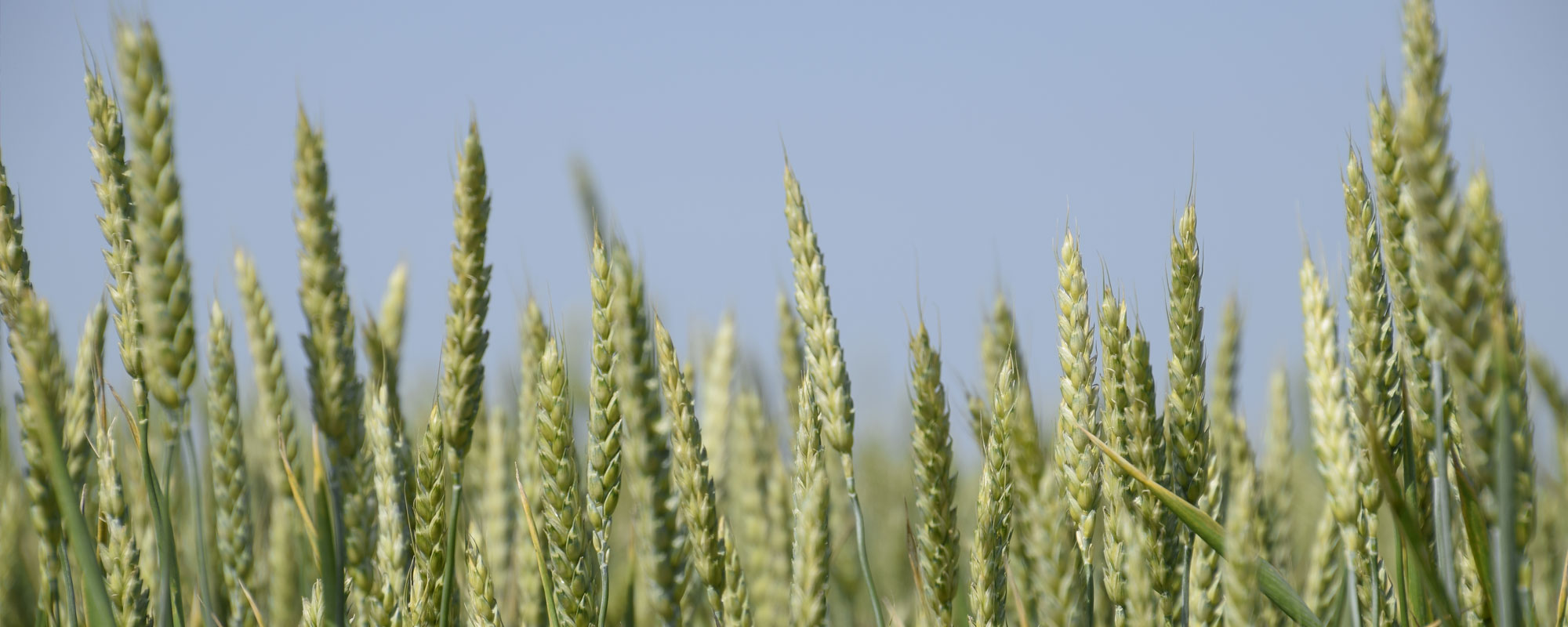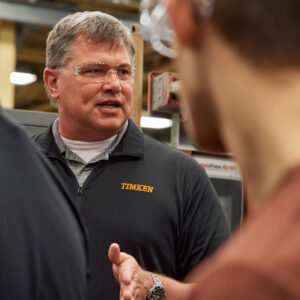Efficiency
Reaping Results: Timken Portfolio Delivers for Agriculture
Many current crises are coalescing to produce a “perfect storm” for global food insecurity. The war in Ukraine; blocked grain exports; precarious supply chains; spiking fertilizer, fuel, and food prices; climate change; and the lingering impacts of COVID-19. Additionally, with the global population expected to increase by 2.2 billion by 2050, farms will have to produce roughly 70 percent more food than they presently do, according to the Association of Equipment Manufacturers. While new technologies are helping maximize the potential output of arable land, efficiency and uptime are especially essential to minimizing gaps in agricultural production.
Timken plays a behind-the-scenes and historic role on this front, with more than 100 years of expertise serving the agriculture industry. In fact, the company produced bearings for some of the first tractors in North America. Today, Timken manufactures a variety of products precisely engineered to meet the unique challenges of agricultural equipment — so the farmers who rely on them can better meet the world’s increasingly urgent need for food.
“These are formidable challenges, to be sure,” says Mark Stangl, manager of Timken’s global marketing division. “The elements have always been a factor in agriculture, few industries require a greater variety of equipment types and sizes, and the machinery must operate reliably in often dirty, harsh, and austere conditions.”
“The more things change in the industry, the more valuable our knowledge becomes because change has always validated our engineering expertise.”
Mark Stangl
Manager, Global Marketing
Lay of the Land
A 25-year Timken veteran and engineer by trade, Stangl grew up in a small Iowa farming community.
“This is very close to home for me because agriculture was a family occupation,” says Stangl. “So, it’s pretty interesting to see what it was like 45 years ago when I was riding along with my grandfather on his tractor to how sophisticated agriculture is becoming.”
Today, Stangl has a front-seat view of global agricultural trends: Macro-migration away from rural farming areas throughout the world, changing farm ownership models, the scaled-up equipment used to offset the limitations of diminished workforces, the transition away from fossil fuels, the optimization of water usage, and the advent of “precision agriculture” — which describes the use of machinery that can observe, measure, and respond to within-field variability via artificial intelligence.
“What we expect from a tractor today is very different than what we expected 30 years ago,” Stangl says. “When I was a kid, farmers only really survived if they knew how to fix their equipment. They were welders; they were mechanics. Today, you don’t really do that with a half million-dollar tractor.”
Yet, some things don’t change.
“Even with the emergence of autonomous tractors and equipment, there’s always a narrow window critical to uptime,” Stangl says. “This is where the quality of parts in your machinery becomes important, because you’re dealing with something that is growing, living, maturing, and then you’ve got to harvest it before it’s too late, before the citrus gets too ripe, for instance, or before the first freeze comes.”

Diamond series chain offers attachment roller chain, double-pitch conveyer chains and specialty agriculture chain. The rotary system on modern harvester combine is shown here.
Sorting the Wheat from the Chaff
Stangl also sees how Timken is poised to maintain its leadership role in serving the evolving sector.
“Our customers know we’re not just selling product; we’re partners helping solve problems,” he says. “Our engineers strive to understand the complexities of what each piece of machinery contends with, which informs their designs to ensure the tool at hand can perform the task it was made for, whether that’s tilling, planting, or harvesting. And, at the same time, the more things change in the industry, the more valuable our knowledge becomes because change has always validated our engineering expertise.”
This is, in part, testament to the strong collaborative culture Timken cultivates not just with its customers but among its own talent.
“Our structure is geared at cross-communication, with specialists in different fields working together,” says Stangl. “We know from experience that this absolutely helps further the depth of our collective knowledge and empowers our engineering teams with a greater ability to deliver solutions across a range of applications.”
Furthermore, Timken has been quite actively expanding its workforce and expertise. Over the past 12 consecutive years, the company has pursued a number of strategic acquisitions that have significantly broadened its mechanical power transmission portfolio, solidified its global leadership role in automatic lubrication systems, and grown its brand in other ways relevant to the agriculture sector.
“At the end of the day, the whole is really only as good as the sum of its parts,” Stangl says. “That’s what makes Timken successful in every market it serves. And with farming, that’s ultimately what helps put food on shelves and tables.”
Cream of the Crop
Timken’s bearings, augers, chains, belts, couplings, and automatic lubrication systems are all specifically engineered to enhance the performance of agriculture equipment, from tractors and harvesting equipment to a full range of farming implements.

Grain Head & Feeder Conveyor
- Drives® Augers
- Timken® Tapered Roller Bearings
- Diamond® Series Chain
Automatic Lubrication System
- Groeneveld-BEKA® Automatic Lubrication System
Wheel & Track Drives
- Timken® Tapered Roller Bearings
Unloader
- Timken® Tapered Roller Bearings
- Drives® Augers
Tank Transfer
- Drives® Augers
- Timken® Tapered Roller Bearings
Sieves, Blades, Threshers, & Conveyors
- Timken® Super-Ag Drive® Belt
- Diamond® Series Chain
- Timken® Tapered Roller Bearings
- Timken® Mounted Bearings
Learn how Groeneveld-BEKA automatic lubrication systems are enabling digitalization and automation in food processing to support safe and efficient production of essentials such as cereal, vegetables, and canned goods.
Last Updated: 2023/11/6
Published: 2022/07/29







